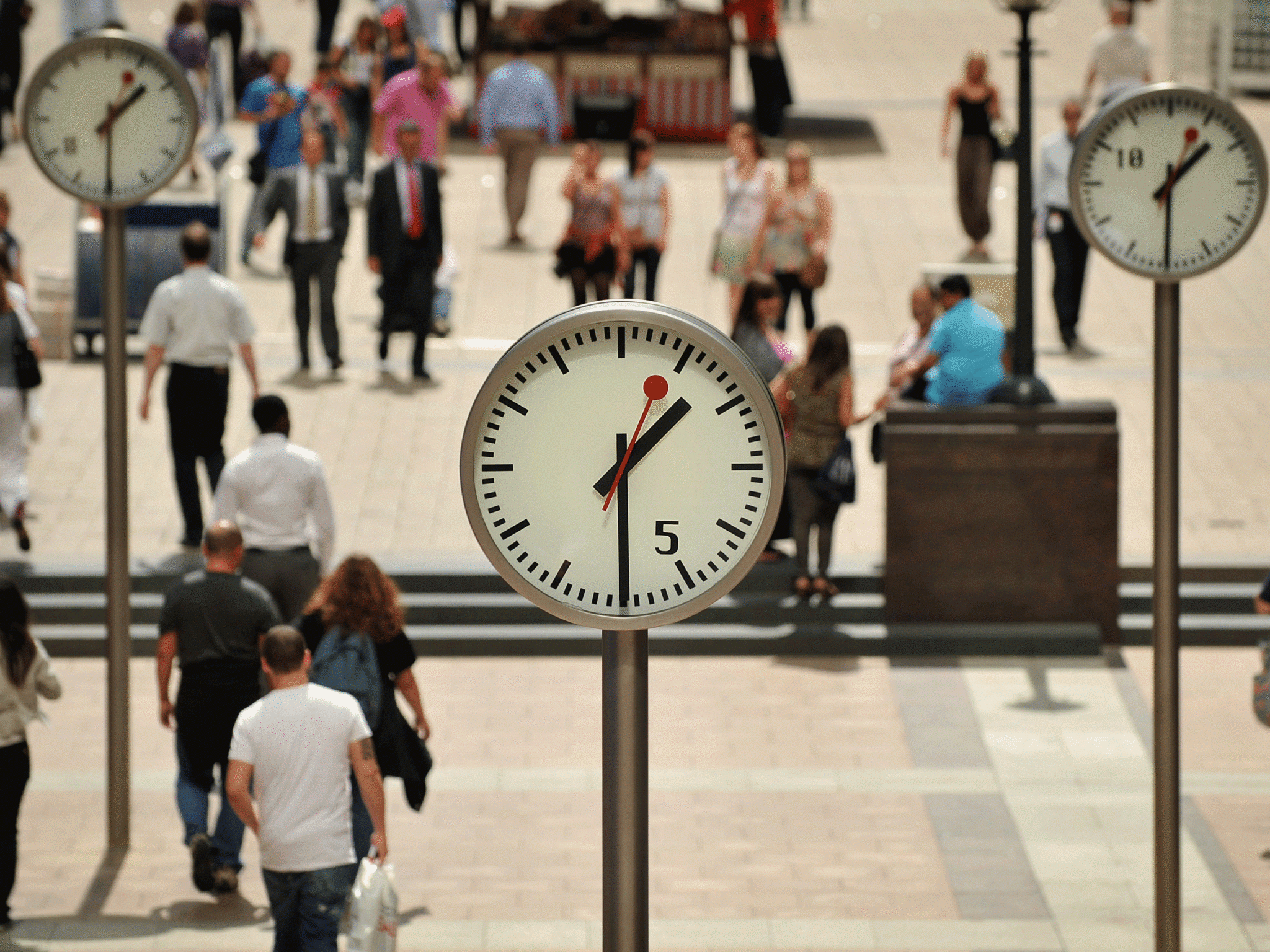We know how the markets will react to Brexit – they already have
As the latest opinion polls suggest a shift towards a vote to Leave. a sell-off of sterling and London quoted shares has begun

Your support helps us to tell the story
From reproductive rights to climate change to Big Tech, The Independent is on the ground when the story is developing. Whether it's investigating the financials of Elon Musk's pro-Trump PAC or producing our latest documentary, 'The A Word', which shines a light on the American women fighting for reproductive rights, we know how important it is to parse out the facts from the messaging.
At such a critical moment in US history, we need reporters on the ground. Your donation allows us to keep sending journalists to speak to both sides of the story.
The Independent is trusted by Americans across the entire political spectrum. And unlike many other quality news outlets, we choose not to lock Americans out of our reporting and analysis with paywalls. We believe quality journalism should be available to everyone, paid for by those who can afford it.
Your support makes all the difference.It is often written that we cannot know what Britain will be like if it votes to leave the European Union. That is true, just as we cannot necessarily guarantee that the EU will always evolve in ways that are in Britain’s best interests if the nation votes to stay in, whatever forms of words David Cameron negotiated about integration.
Still, we do have a fairly shrewd idea of the way financial markets will react, because they have reacted already – with a sell-off of sterling and London quoted shares, as the polls suggest a shift in public opinion towards a vote to Leave.
The reasoning is plain: rightly or wrongly, home and foreign investors believe that Britain will be a less attractive place to invest and do business if it severs its links with the world’s largest single market, and its largest export market.
In the longer term, as former Bank of England Governor Mervyn King pointed out many weeks ago, the British economy will adapt and develop new trading patterns, just as it did when we joined in 1973. Sterling bouncing around in response to early polling cannot tell us very much about where those trends will lead.
But short term, the indications from investors is that they would prefer the status quo. It strongly suggests that, in the wake of a Brexit, growth will be slower, interest rates and inflation higher, and the jobs armlet and the public finances weaker. for some months at the very least. And, yes, that is something to fear.
Join our commenting forum
Join thought-provoking conversations, follow other Independent readers and see their replies
Comments